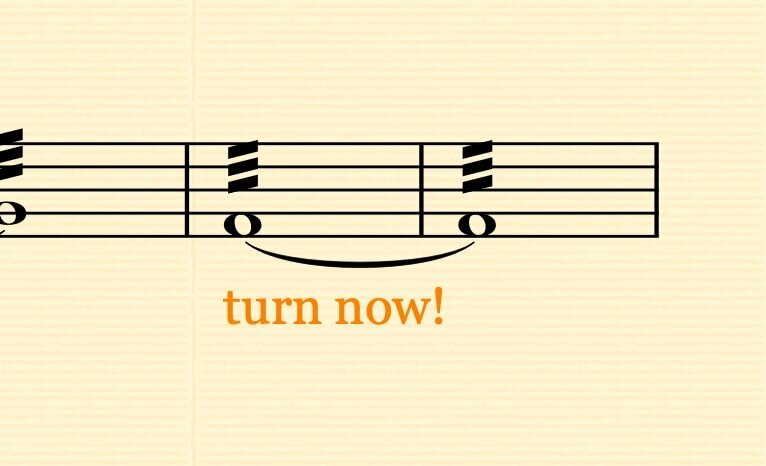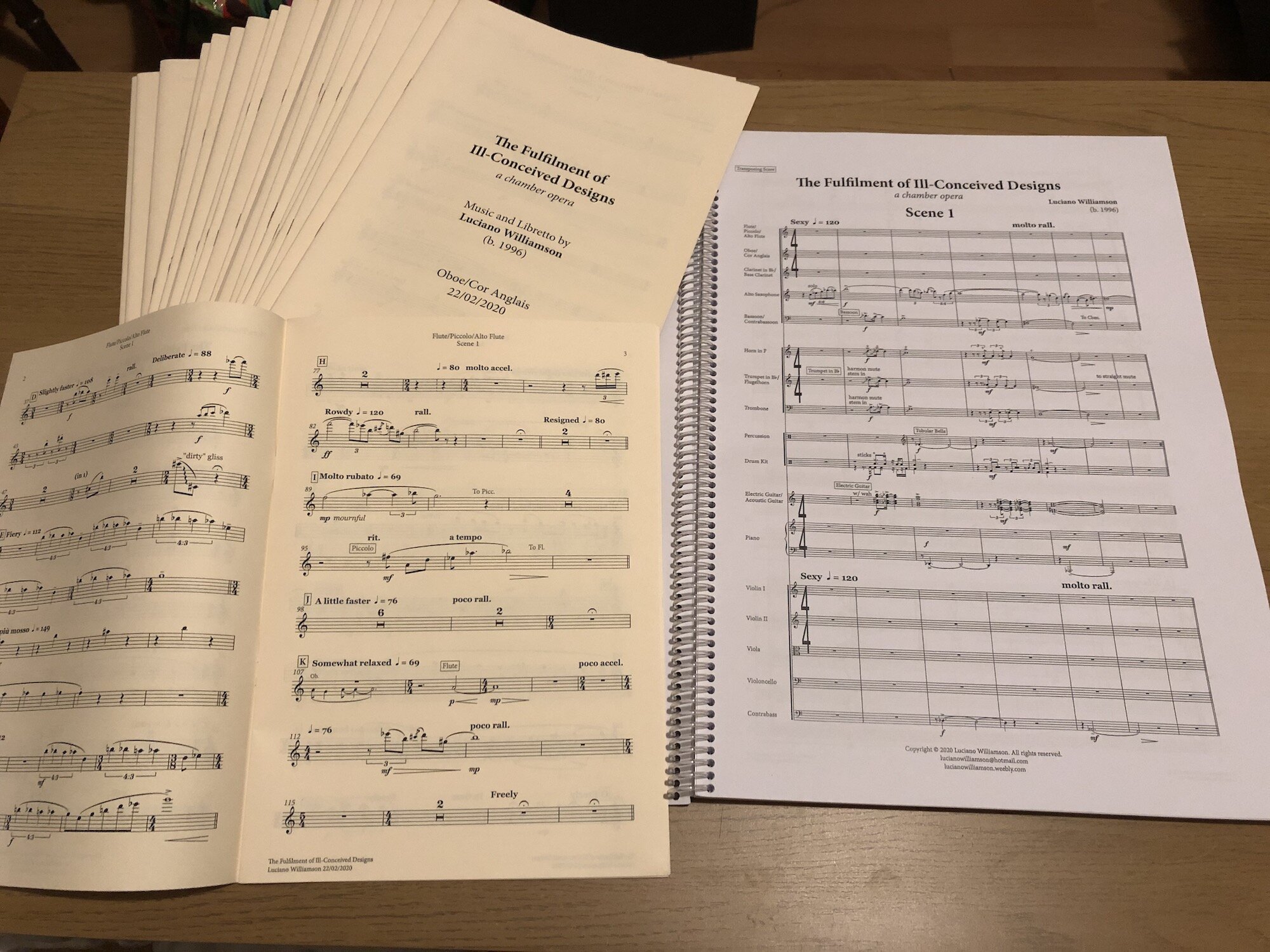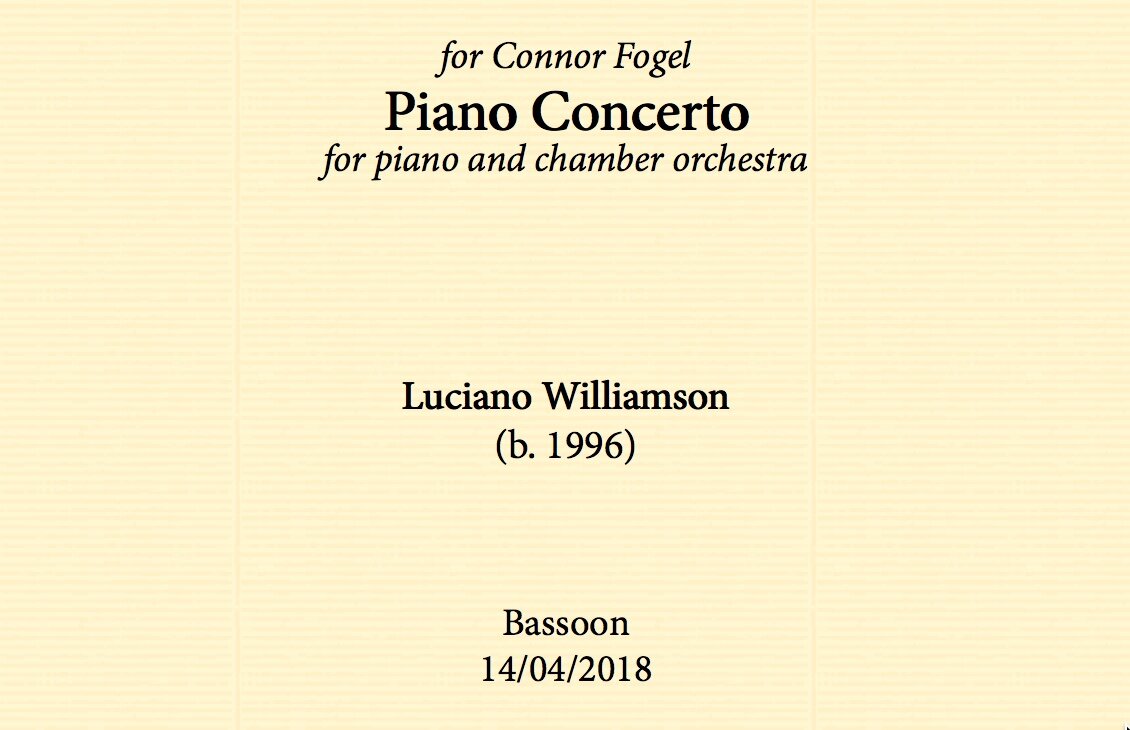
Check Your Notes
A blog about music notation and Sibelius

Making tuplet fragments in Sibelius
Have you listened to Thomas Adès’ Piano Quintet and now you want to use irrational time signatures? Or did you listen to his In Seven Days and you’re vibing with interrupted tuplets? I’ve just posted a video demonstration of how to create open-ended tuplet lines in Sibelius - you can watch it here, or keep reading for a transcription.

Measure twice, cut once, or: how planning can speed up your workflow without compromising on quality
I love typesetting just as much as the next guy (maybe even a little more so!) but that doesn’t mean I want to do it all the time. Shortcuts and time-saves allow me to finish projects faster, which both keeps the cost down for clients and allows me time to sleep (sometimes for four hours a night or even more!).
But isn’t cutting corners a bad thing?

Parts and page turns
Hello everyone. I've just posted a new typesetting video on YouTube, about some tricky page turns and their inventive solutions. You can watch it here, or read on below if you prefer images to be still and words to be written - I've transcribed the video and included the relevant screenshots.

Tidying an opera score in Sibelius
Hello everyone. This blog has been a little empty while I've been getting on with my postgraduate studies at the Royal Welsh College of Music and Drama, but I'm back with a fun little update. I recently made a short video about the process of tidying up the score to my new opera, The Fulfilment of Ill-Conceived Designs, which you can watch here:

A philosophy to help you be lazy, efficient, and future-proof your scores, or: Why have Sibelius and bark yourself?
Being lazy isn’t something to be proud of in almost all situations, but on occasion it does have benefits. “Work smarter, not harder,” they say, and they’re right; after all, some guy in the 19th century was too lazy to tabulate polynomial functions by hand, so he invented the computer (I’m aware that might be a bit of an oversimplification, but the point still stands).

What do I, as a conductor, want from your score? or: how to make conductors like you.
Soon (May 2018) I'll be conducting several world premieres during the Atmospheres Festival in Cardiff, including my own Piano Concerto. This of course means I'm currently preparing the scores for rehearsals, and dealing with the various approaches to notation has made me consider just what I expect from a score. So, as I believe such things may be helpful to the inexperienced composer, I'd like to share my thoughts.